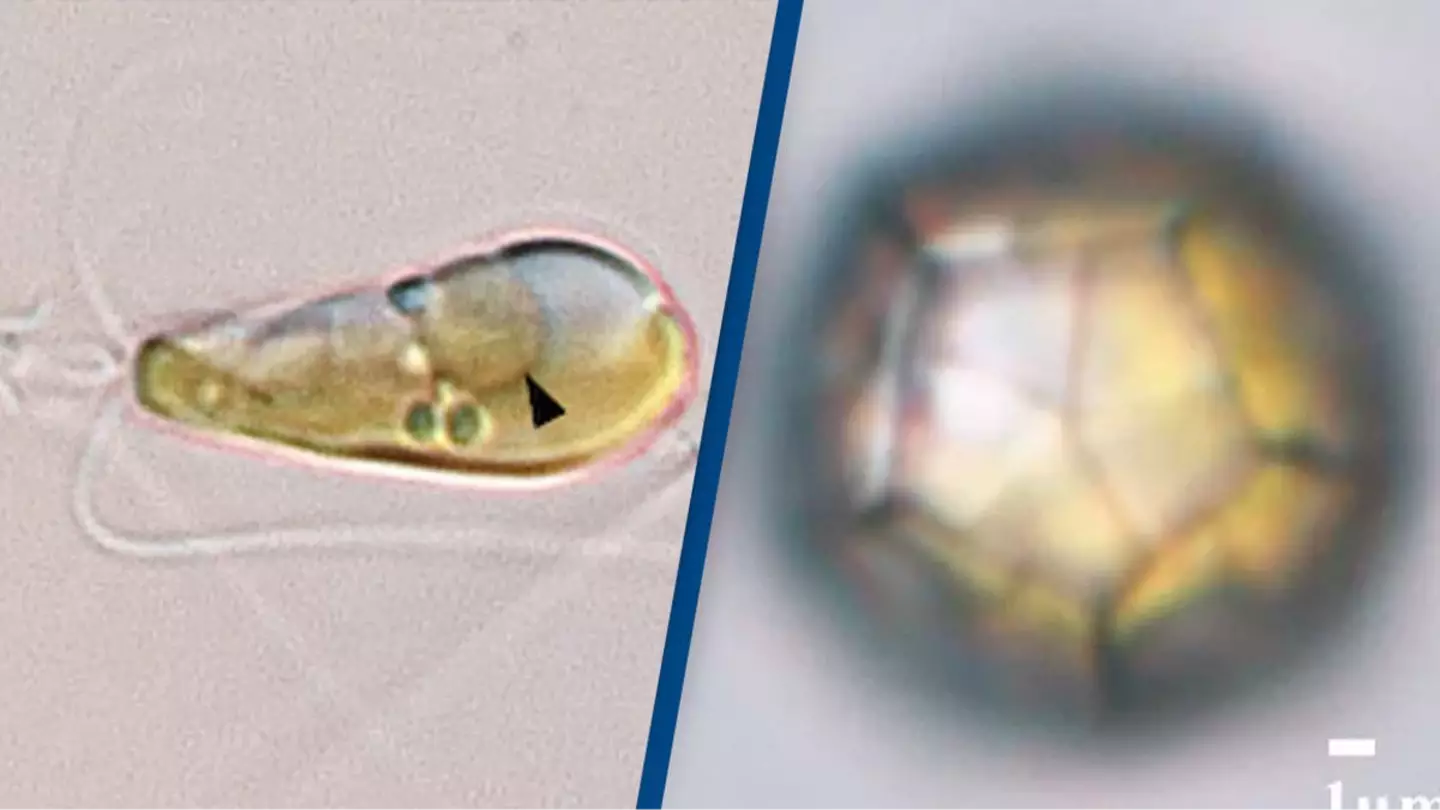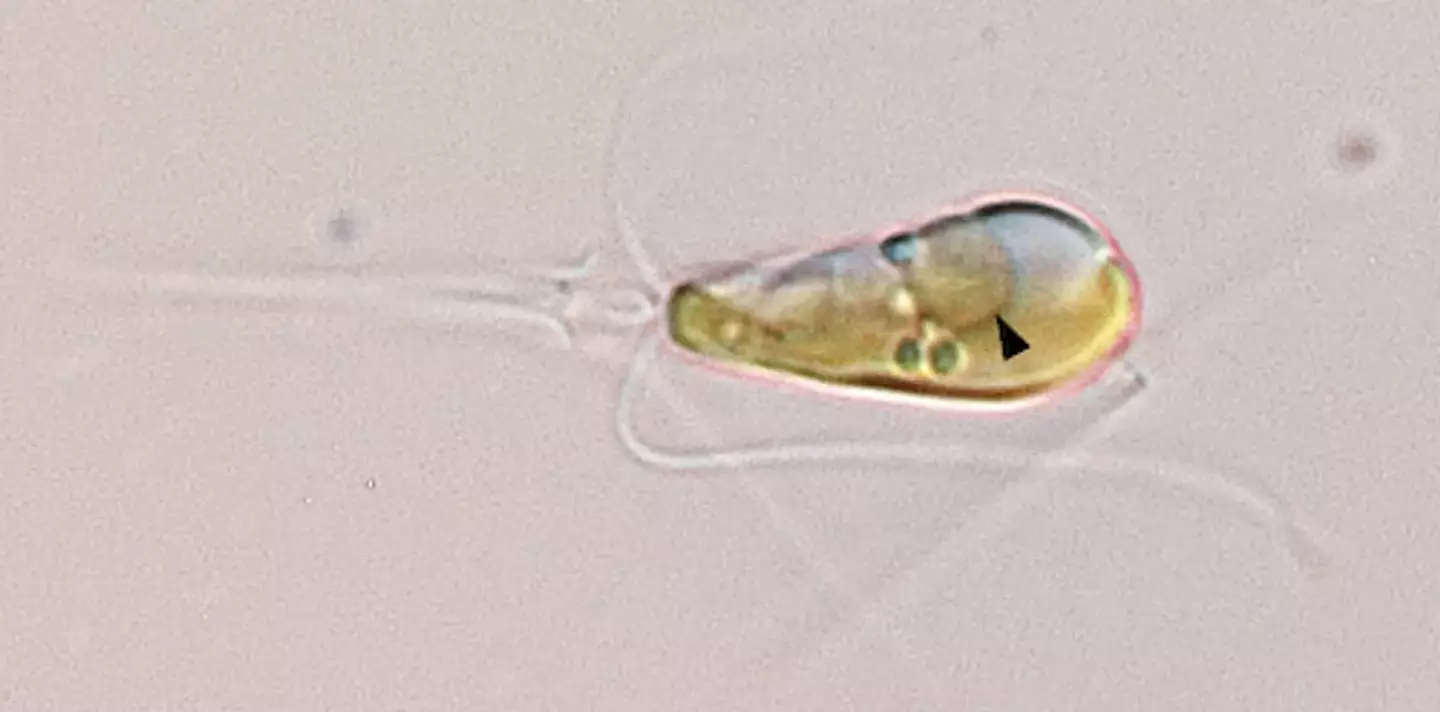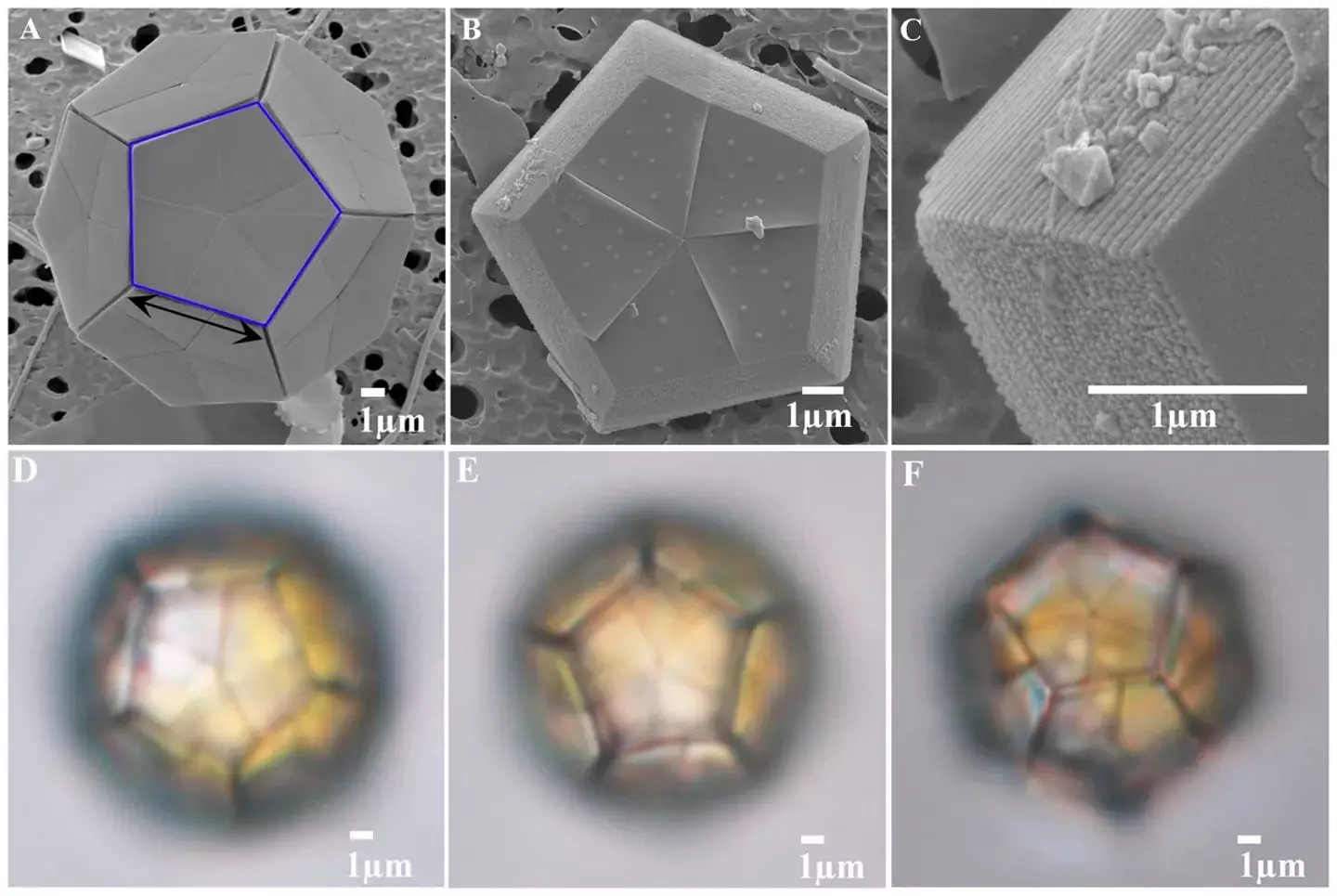
An extremely rare event, which may have played a pivotal role in the development of complex life, has been observed by scientists.
When we think of evolution, we think of a process which takes a very long time to develop, but sometimes things can happen that push life into another stage of development.
And in the case of this particular process, it's only happened a few times before in the entire history of life on Earth, until it was observed again.
Advert
On the second occasion that this process is believed to have happened, scientists think that it led to the evolution of plants, so nothing too big, just something that our existence relies on.
As for the first occasion, that was just the start of complex life as we know it.
So yes, you have this particular scientific process to thank for the fact that you now have to pay rent.
But what exactly is this process?

Scientists observed that a marine bacterium was subsumed into its algal host organism.
Advert
It then co-evolved with it for long enough that it can be considered an 'organelle'.
For those who have not studied biology beyond high school, an organelle is a structure inside a cell which performs a specific function similar to an organ in the body.
So essentially, a bacterium became a part of a host organism and began to perform a specific function within that organism.
This means that it became a more complex organism than it was before.
Advert
In this case, they were the first algae of a particular kind to have an organelle which can fix nitrogen.
Nitrogen fixing is a process where an organism converts nitrogen from its molecular form into other forms which are useful in a variety of biological processes.

A new study looks at how the process of nitrogen fixing impacts on the environment.
Advert
Scientist Tyler Coale worked on the study, and explained how it could be useful.
Speaking to IFLScience, Coale said: “This system is a new perspective on nitrogen fixation, and it might provide clues into how such an organelle could be engineered into crop plants."
The study has been some 30 years in the making when Professor Jonathan Zehr observed a bacterium, which could engage in nitrogen fixing.
Now, a study published in 2024 says that the bacterium and the algae have a similar size ratio, which could indicate that their metabolisms are intertwined.
Advert
Zehr said: “That's exactly what happens with organelles.
“If you look at the mitochondria and the chloroplast, it’s the same thing: they scale with the cell.”
Topics: News, World News, Science, Environment, Nature
